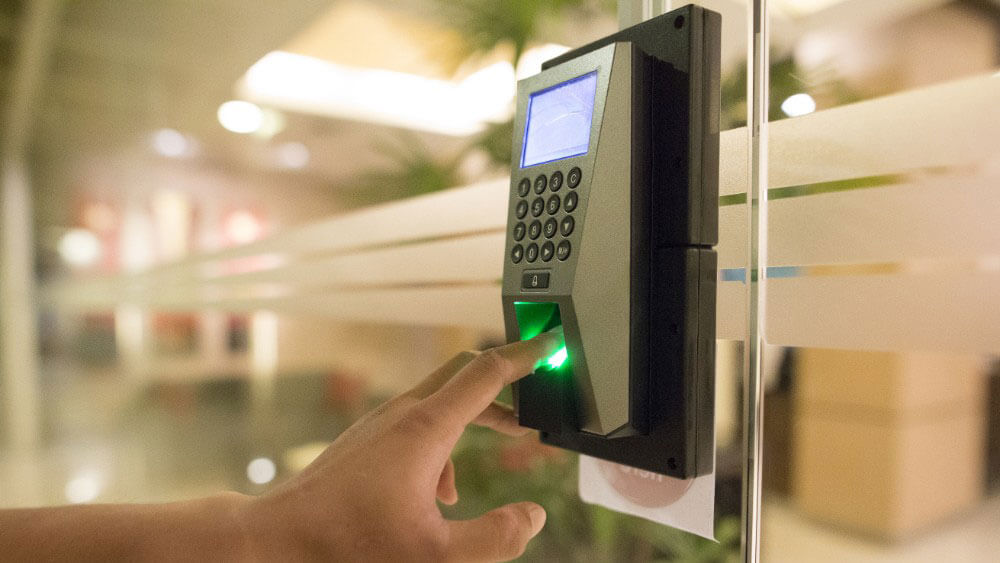
Recent crime rates have increased the quest for secure and convenient access control systems as well as the demand for lock installation services. These innovative solutions utilize unique physiological or behavioral attributes of individuals to grant or deny access. While biometric lock systems offer several advantages, they also come with their fair share of limitations and concerns.
In this article, we delve into the pros and cons of biometric lock systems to provide a comprehensive overview of their capabilities and challenges.
Biometric lock systems eliminate the need to remember passwords or carry physical keys or access cards. This convenience is particularly beneficial in scenarios where quick and frequent access is required, such as in high-traffic areas or workplaces. Also, the lock installation process by a skilled locksmith is never complex.
They offer a higher level of security compared to traditional lock systems that rely on physical keys or numerical codes. Physiological traits such as fingerprints, iris patterns, and facial features are difficult to replicate, making it exceptionally challenging for unauthorized individuals to gain access.
Unlike keys, access cards, or passwords, biometric characteristics are unique to each individual and cannot be easily shared or stolen. This non-transferability adds an extra layer of security, reducing the risk of unauthorized access due to lost or stolen credentials.
Biometric authentication is intuitive and user-friendly. Individuals simply need to present their biometric trait (e.g., fingerprint or facial scan), eliminating the potential for errors caused by forgotten passwords or mistyped codes.
Biometric lock systems often include the capability to create detailed audit trails. This feature can be crucial for security monitoring, as it allows administrators to track who accessed a certain area and at what time, aiding in investigations if any security breaches occur.
Biometric lock systems can be expensive to implement and maintain. The initial investment includes hardware costs for specialized sensors and software development. Additionally, maintenance and potential upgrades might add to the overall cost over time.
The collection and storage of biometric data raise privacy concerns. Individuals might be apprehensive about their biometric information being stored and potentially misused. Organizations need to adopt robust data protection measures to alleviate these concerns.
Biometric systems are not infallible and can produce false positives (incorrectly granting access to unauthorized individuals) and false negatives (failing to grant access to authorized users). Factors like changes in appearance due to injury or illness can impact the accuracy of recognition.
Environmental conditions such as lighting, dirt, and humidity can affect the accuracy of biometric scans. For instance, a fingerprint scanner might struggle to recognize a wet or dirty finger.
Integration Complexity: Integrating biometric systems with existing infrastructure can be complex. Organizations might need to modify their current access control systems to accommodate the new technology, potentially causing disruptions during the transition.
It is a fact that biometric lock systems offer a promising solution for enhancing security and convenience in access control. Their ability to utilize unique physiological or behavioral attributes provides a strong deterrent against unauthorized access.
However, balancing the benefits with the drawbacks will be difficult for none professionals. That is why you need a reliable locksmith at GreenPro Locksmith for expert locksmith advice, lock installation, and other services.
Most times, lockout incidents occur out of the blue without warning. It could destabilize all your plans for the…
Sometimes, people are shocked when they notice that their car key fob battery dies so quickly. Many factors could contribute to…
Homeowners using traditional locks often experience lockout issues when they lose their keys. As a result, they are open to security…
Car lockouts involving children or pets are terrifying, to say the least! Most parents deal with this common lockout situation.…